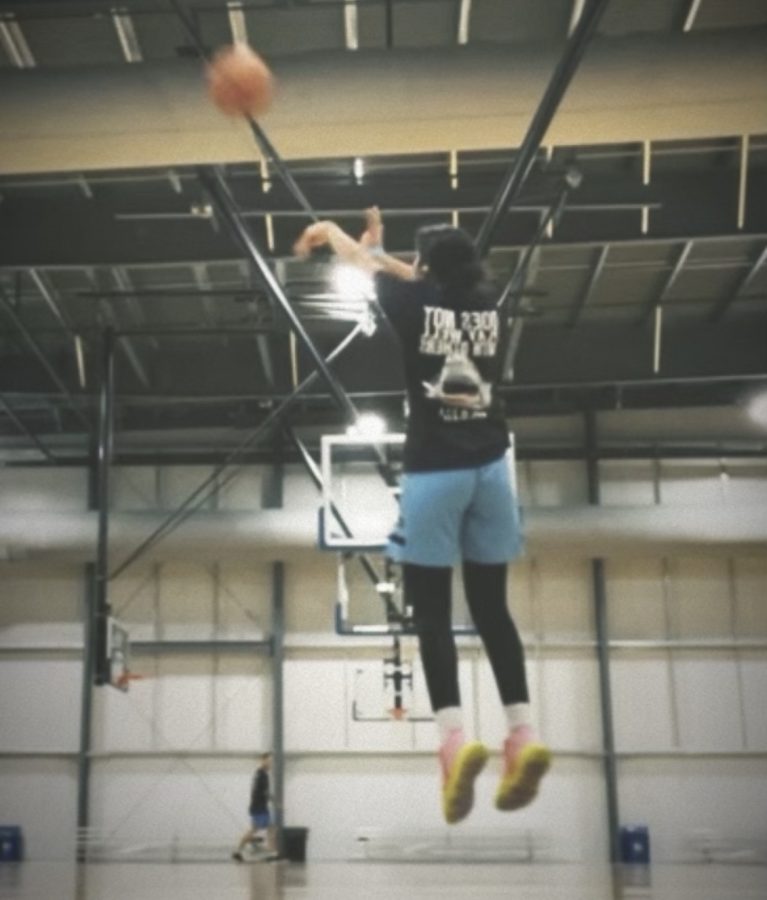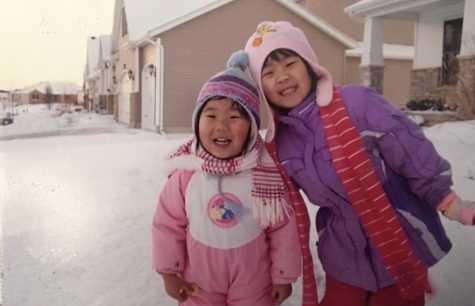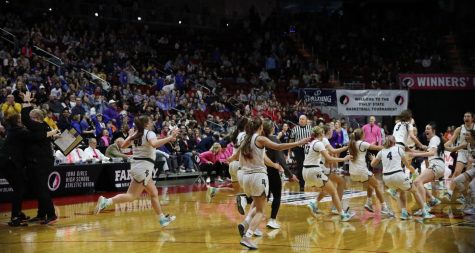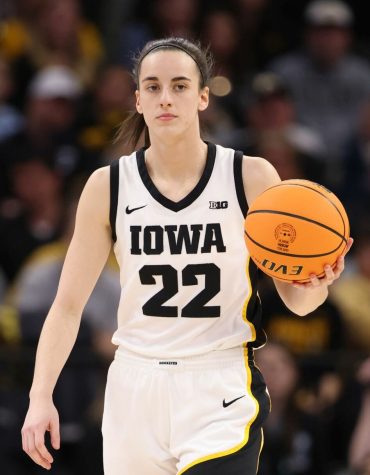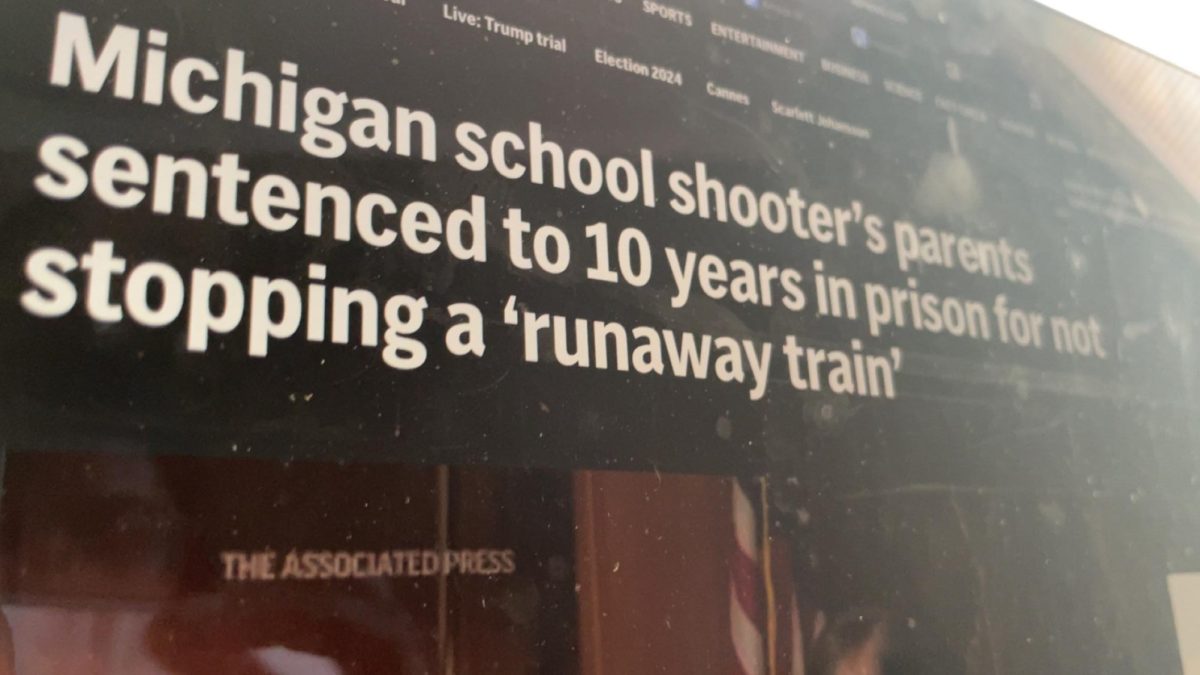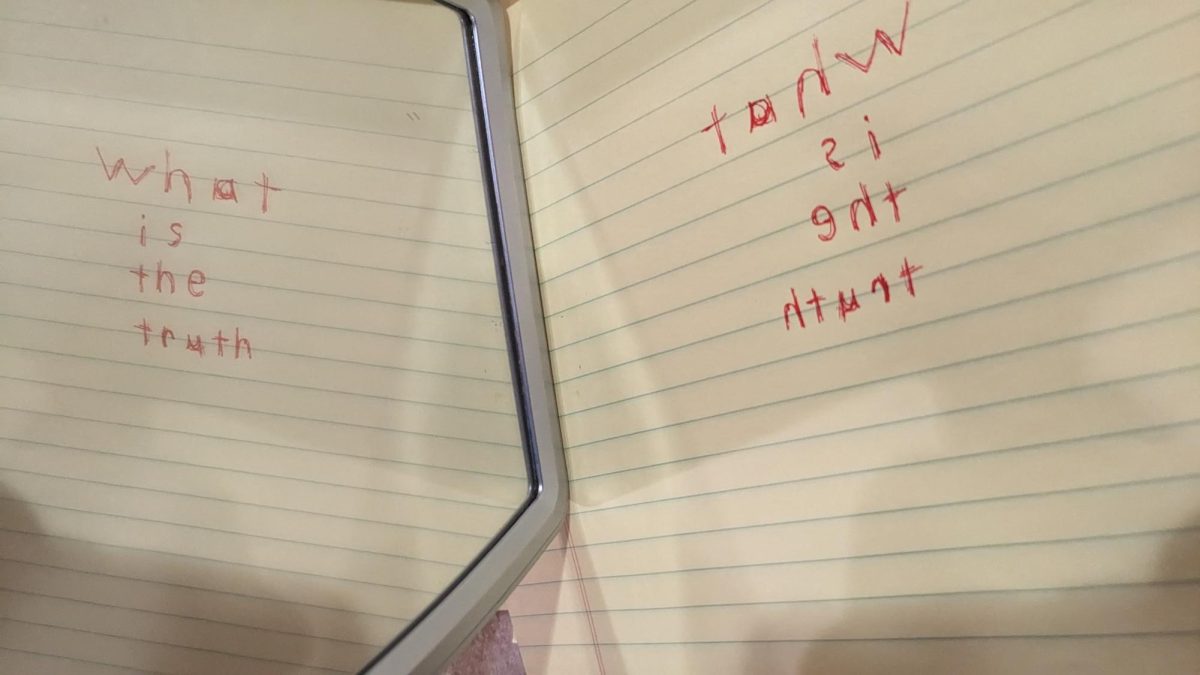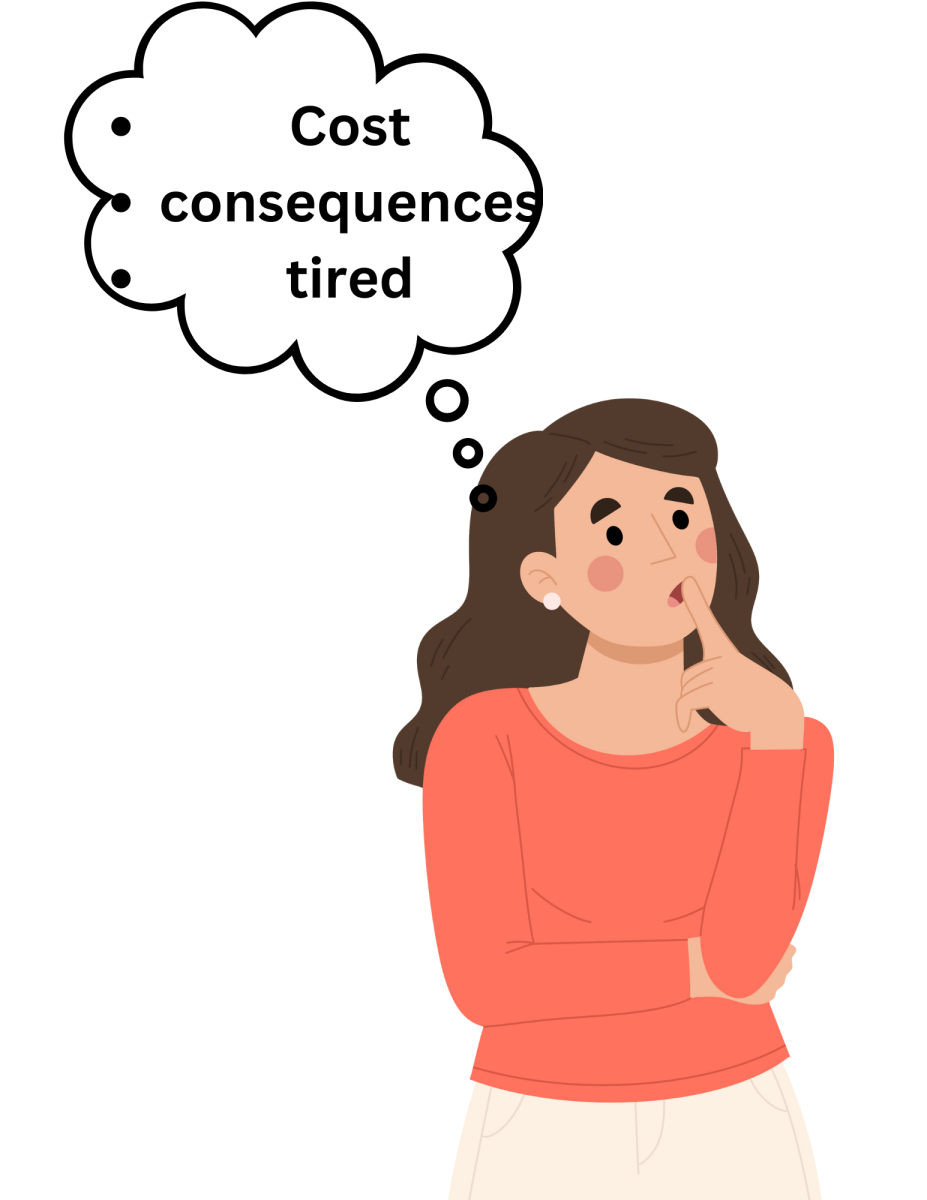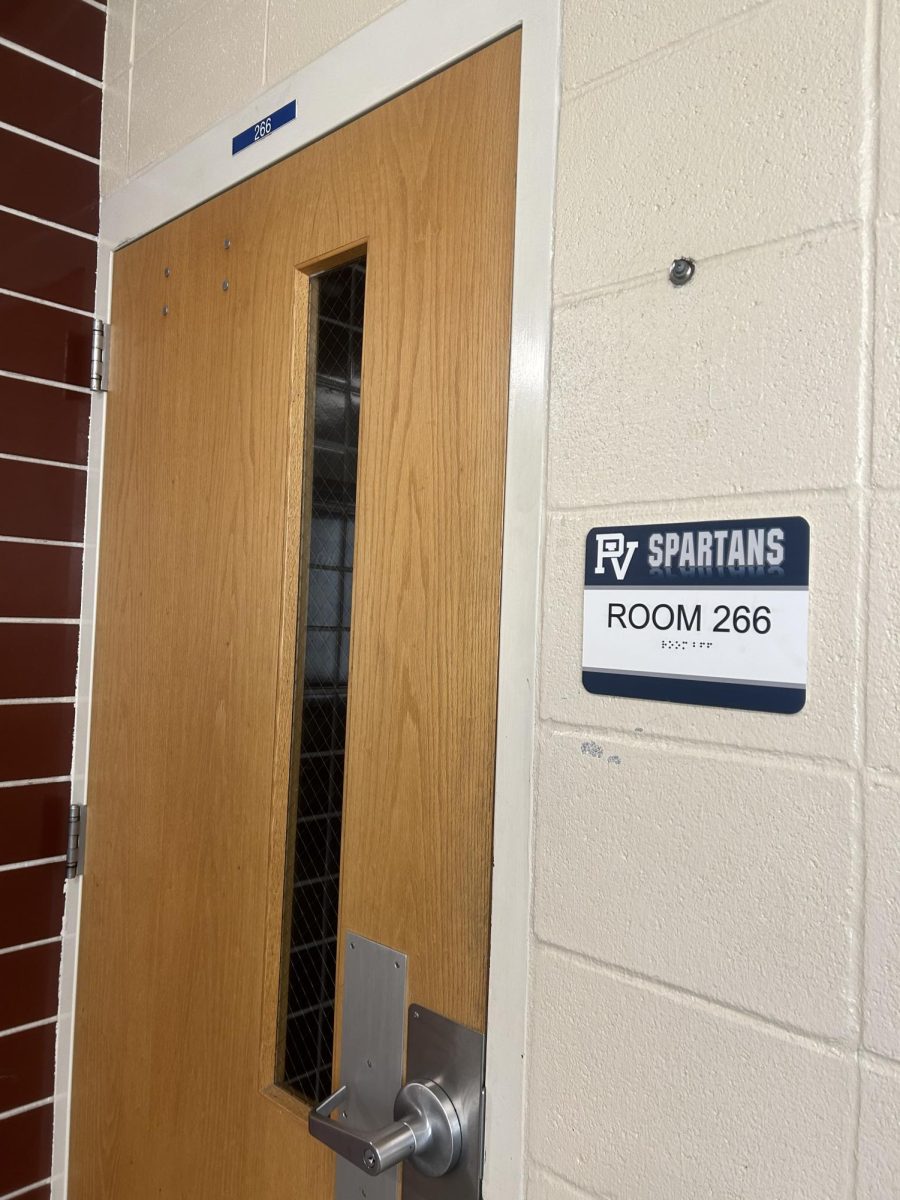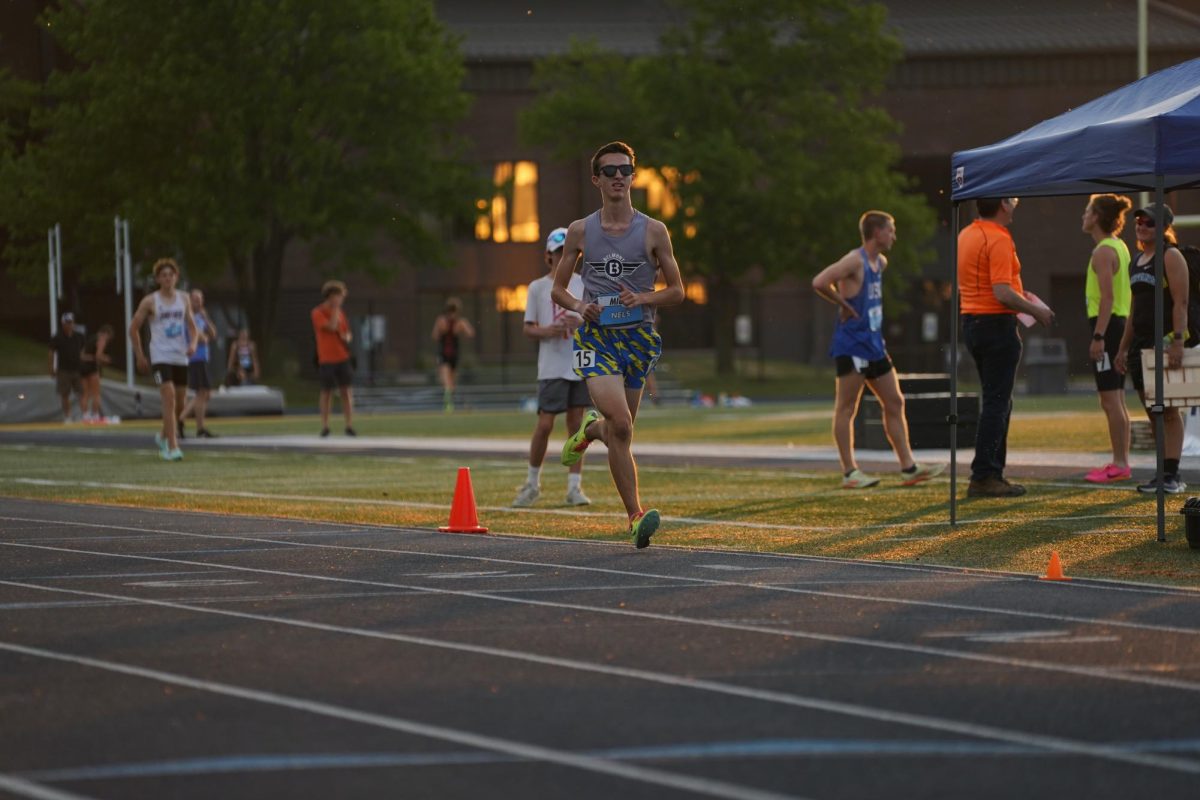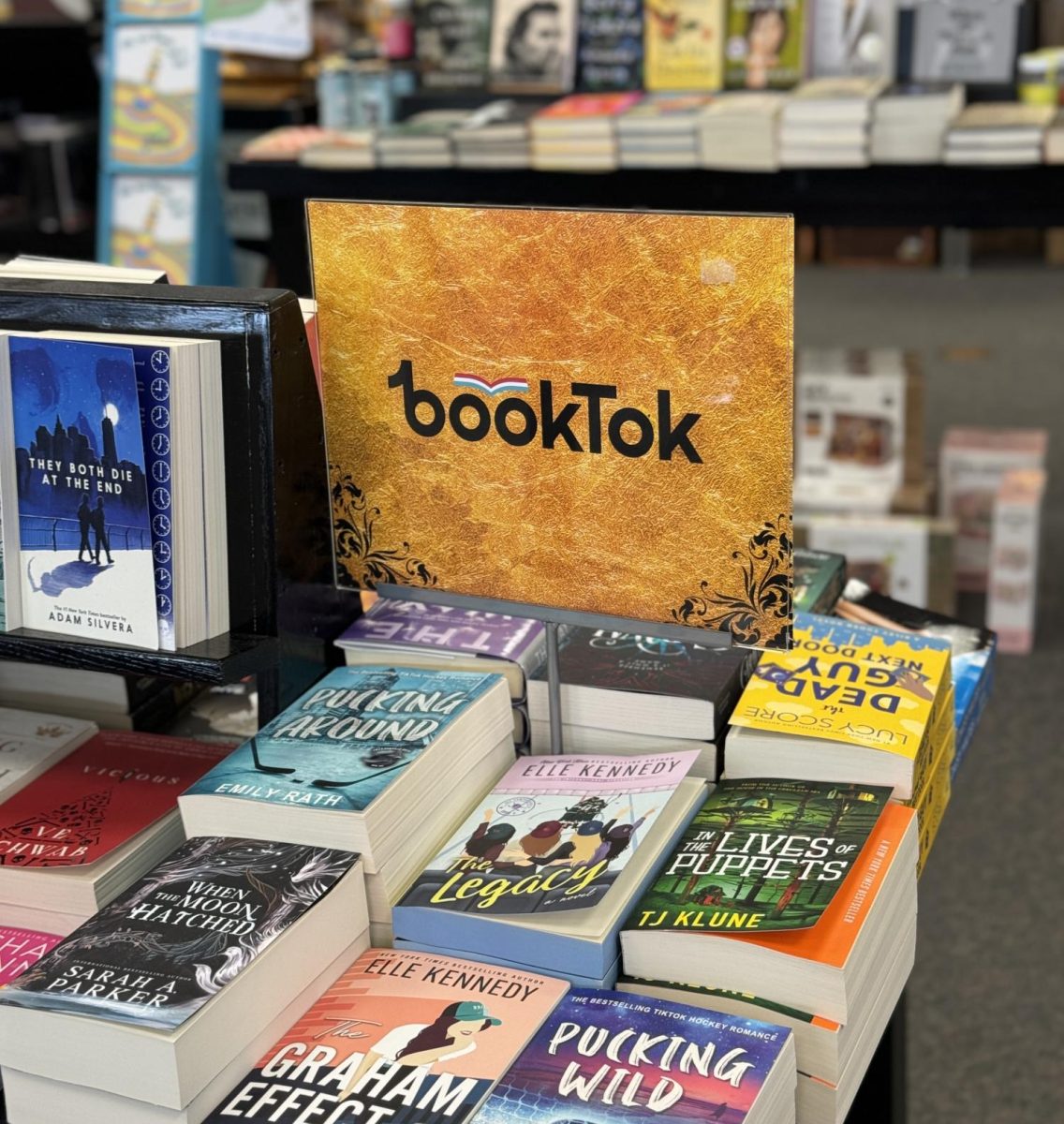During the final minute of the tough battle between the Iowa Hawkeyes and LSU Tigers, LSU player Angela Reese taunted Iowa by gesturing John Cena’s iconic “You Can’t See Me” move and pointed to her finger to indicate she was getting the championship ring; Iowa’s Caitlin Clark did Cena’s infamous move in a previous game.
In a time that should be spent celebrating the nationwide acknowledgement and record viewership of women’s college basketball, the media shifted the narrative to create a racial and gender debate.
Immediately after the game, Reese went viral on social media. Commentators and observers criticized her for what they deemed unsportsmanlike behavior, with words like “classless” trending on Twitter. Reese was described in articles as ghetto, classless and hood. However, when Clark did Cena’s move, people responded by celebrating her for her greatness.
Despite the backlash, many people quickly jumped to Reese’s defense, calling out the social media and sports commentators for their double standards when comparing Clark and Reese.
Senior Raania Ahmad has played basketball most of her life and watched the harsh reactions towards Reese transpire after the game. “The hate against Angel Reese is uncalled for and unnecessary—it’s because she is a woman of color. If Iowa had won and it was Caitlyn that did the taunting, everyone would think it’s cool,” Ahmad said. “There’s always a different standard for [people of color]. Anything we do is always seen as more inappropriate, dangerous or criminal.”
Something important to note is that this debate was one unrelated to the sport and highlighted what the media failed to address: unsportsmanlike conduct. Instead, the media created a racial debate.
Though the controversy surrounding Reese and Clark is the latest issue, it is far from the first. The media is known for racist coverage that vilifies Black female athletes.
Renowned tennis player Naomi Osaka, who is both Black and Japanese, declined to attend press conferences as she began her French Open campaign in order to prioritize and protect her mental health. In response, the French Open organizers fined her $15,000 and threatened to expel her from future grand slams.
In stark contrast, former Olympic ice skater Tessa Virtue, who is both white and Canadian, was praised for her fantastic messages about mental health and perseverance for World Mental Health Day.
In 2018, tennis star Serena Williams wore a black catsuit to the French Open to prevent blood clots she developed after a long, difficult childbirth—she later dedicated the outfit to other mothers who underwent complicated pregnancies. The French Tennis Federation later deemed the outfit unacceptable with the former president saying that Williams must, “respect the game and the place.”
The trend of dragging racism into what should have been a celebration of women’s sports and athletic accomplishments is one that has always plagued athletics. Additionally, as senior Khushi Mehta noted, the gender bias that accompanies the racism is unmissable.
“Often, when POC athletes are assertive or fierce, they will be called aggressive. The media’s aggression towards the athletes worsens when it is a female athlete who doesn’t fit into society’s gender roles,” she said.
The media’s aggression towards the athletes worsens when it is a female athlete who doesn’t fit into society’s gender roles.
— Senior Khushi Mehta
A simple online search reveals the difference between the media portrayals of the women’s and men’s NCAA tournaments. “The NCAA women’s basketball championship game was full of politics” and “Caitlin Clark taunted by Angel Reese during LSU’s championship win” are two of the top search results when Googling the women’s NCAA championship final. In stark contrast, Googling the men’s NCAA championship final reveals articles like “UConn completes dominant NCAA tournament run, beats San Diego State for 2023 national championship” and “UConn tops SDSU to claim 5th men’s NCAA title.”
If the Reese-Clark episode had been an event between two men’s teams, the media would not have sparked such a controversial issue. Rather, in men’s basketball, trash talk and confrontation are common and encouraged.
“People hold women to a different standard. Though everyone seems to think what Angel did was wrong, so many other professional male athletes do way more offensive acts of taunting and unsportsmanlike conduct,” Ahmad continued. “That’s exactly what a double standard is. In both ways Angel Reese is dealing with a double standard in terms of race and gender.”
After the pandemic, interest in women’s athletics rose exponentially; women’s soccer and basketball were among the most popular sports to receive increased viewership. As a result, major media outlets began to cover more women’s athletics. However, the type of coverage is representative of harsh gender stereotypes.
Media coverage depicts female athletes through traditional feminine values like motherhood, beauty, grace and aesthetics. Female athletes featured in magazines are often posed unrelated to their sports while male athletes are photographed in action with their sport.
“It is discouraging to see the media’s reactions to and actions against female athletes,” Mehta concluded. “Especially for POC female athletes, these trends and media portrayals have a negative outcome that could discourage some from playing their sport.”
When racism and gender stereotypes plague the media portrayals of female athletes, it creates unnecessary drama and controversy unrelated to the sport. It reduces female athletes merely to their race and gender, ignoring the records they set and the glass ceilings they break.









